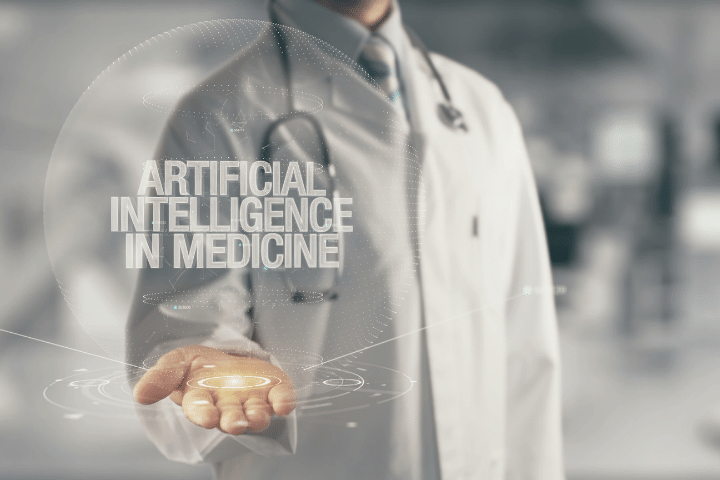Artificial Intelligence in Medicine

There is no doubt that artificial intelligence is advancing in giant steps. In less than a decade there has been a great revolution in this sector.
Little by little we see how AIs are becoming part of our daily lives and in the world of health it will be no less.
The use of artificial intelligence offers a wide range of advantages, improving and streamlining diagnostic processes, designing new drugs or helping geneticists better understand hereditary diseases.
This article aims to show the advances that the use of artificial intelligence will bring in the health sector.
1.Personalized medicine
Data mining and artificial intelligence could play a fundamental role in personalized medicine. Thanks to databases with a large amount of patient information, it could allow personalized diagnoses and treatments.
Statistical models could tell health professionals the best way to treat a patient depending on their characteristics. All this would be determined by an artificial intelligence model.
2. Development of new drugs
AI is essential to accelerate the design process of new drugs. Increasingly, medicines are designed with computers thanks to physical and mathematical models. Artificial intelligence makes it possible to accelerate these processes and improve results, optimizing the entire drug design process for a wide range of different diseases and pathologies.
3. Improvements in diagnosis
AI can help in premature diagnosis of the disease, increasing the patient's chances of cure. There are models that are capable of detecting the presence of certain tumors from a photograph even before specialists can detect it.
4. Research improvements
Machine learning models and big data help researchers discover new signaling pathways and interactions between genes. From the statistical models, a prediction of cross-interactions that a drug could cause can be made.
In addition, genome analysis with artificial intelligence can also help discover new human ancestors.
5. Better sick care services
Advances in artificial intelligence could allow the manufacture of robots that effectively assist the sick. Based on their symptoms, these robots could inform the person of the possible causes and propose some solutions.
Additionally, robots could also help carry out tasks that the patient cannot due to her condition.

